Sand Lances: Little Fish – Big Deal for the Ocean
Justin Suca, oceanography researcher at WHOI, highlights the crucial role of forage fish for larger species, coastal communities, and the entire ocean ecosystem.
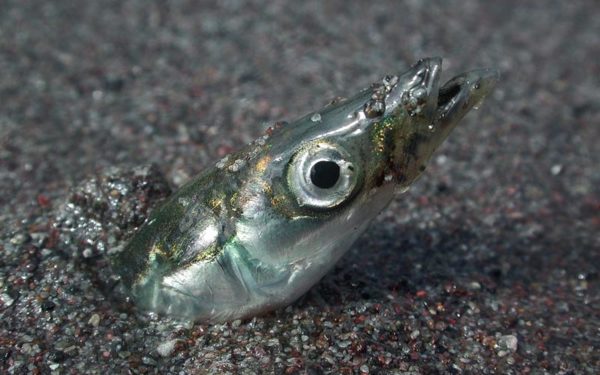
Justin Suca, oceanography researcher at WHOI, highlights the crucial role of forage fish for larger species, coastal communities, and the entire ocean ecosystem.

Atlantic cod is in crisis. That’s why CLF petitioned the federal government to take these 5 actions to protect the future of this species.
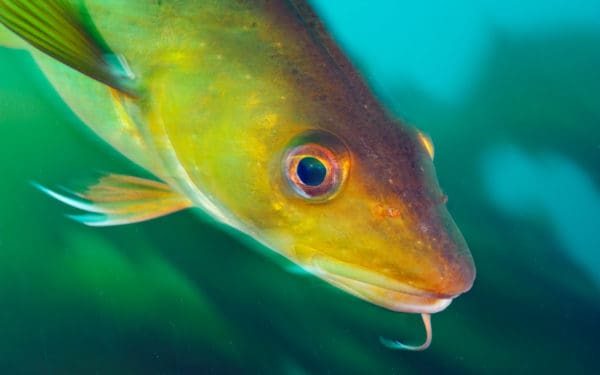
“With the climate crisis threatening ocean life as we know it, we are depending on our leaders to treat this situation with the urgency it demands,” said CLF President Bradley Campbell. “By appointing a highly regarded expert from New England, President Biden will have a NMFS leader who understands the perils our ocean faces and the promise it holds in a resilient future. CLF looks forward to working with Administrator Coit to restore healthy fisheries in New England and protect critical ocean species and habitat.”
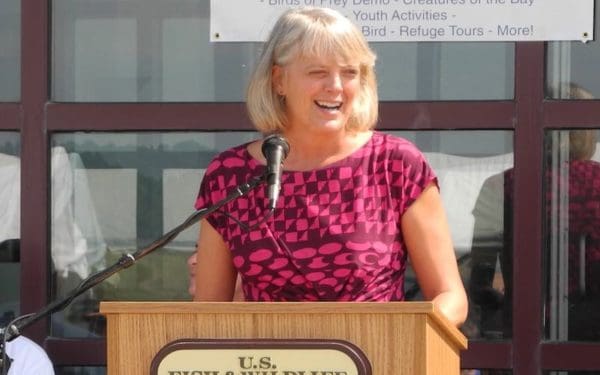
“Brookfield’s unwillingness to do the right thing on the Kennebec is unacceptable,” said Sean Mahoney, who directs the Conservation Law Foundation’s Maine advocacy center.
Protected areas like the Northeast Canyons and Seamounts are critical in the fight to give these waters and species a chance to recover. We know that setting aside parts of the ocean leads to healthy marine life, which fuels an abundance and diversity of life in adjacent waters. That, in turn, supports our ocean economy, including commercial and recreational fishing and whale watching in the long run. Everyone wins.
“Last summer, we watched in shock as President Trump effectively nullified the monument status of the Northeast Canyons and Seamounts by opening it to commercial fishing,” said Bradley Campbell, president of the Conservation Law Foundation. “Defending this monument is critical for protecting valuable species, confronting the climate crisis, and leaving a healthy ocean for future generations.”
“Roughly half of all right whale deaths are because they are run over and killed by speeding boats, and this unprecedented delay is only making matters worse,” said Erica Fuller, a senior attorney at Conservation Law Foundation. “It shouldn’t take a lawsuit to force regulators to make the common-sense decision to reduce vessel speeds in areas where right whales are present. The new administration must act quickly and avoid repeating the same mistakes of the Trump years.”
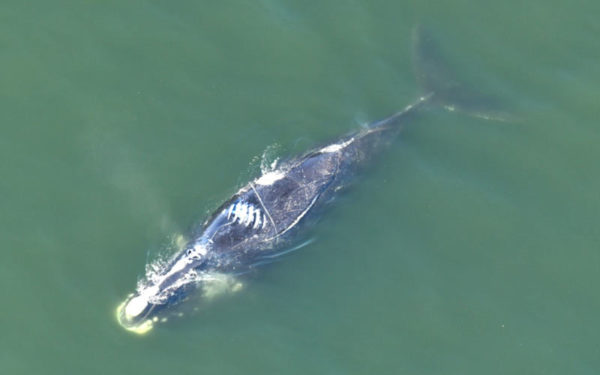
“After such an unprecedented delay, this new rule will help stem the surge of right whale deaths we’ve seen over the last several years,” said Erica Fuller, Senior Attorney at CLF. “Ropeless fishing is the only solution that protects whales and fishermen, and the rule expands that practice. However, NOAA must end its reliance on weak rope as a solution and get emergency protections on the water immediately while this rule is finalized.”
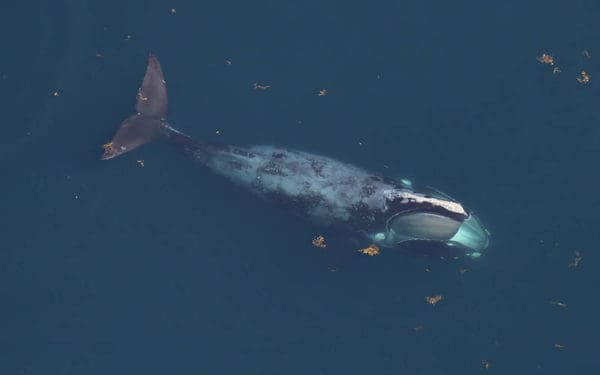
Conservationists call the rule a good first step, but way late, and it doesn’t do nearly enough to avert the whale’s extinction. Here’s Erica Fuller, of the Conservation Law Foundation: ‘We’re concerned about the agency’s reliance on weak rope,’ Fuller says, ‘and we’re concerned that it doesn’t appear that they are going to take any emergency action before these measures are effective on the water.’
“These proposed regulations are a big step in the right direction,” said Erica Fuller, a senior attorney at the Boston-based Conservation Law Foundation, one of several groups that has sued the Fisheries Service to protect the whales. “But in light of the fact that Massachusetts waters have the highest known seasonal density of right whales in the world, a long-term solution that allows fishing and right whales to coexist is imperative.”